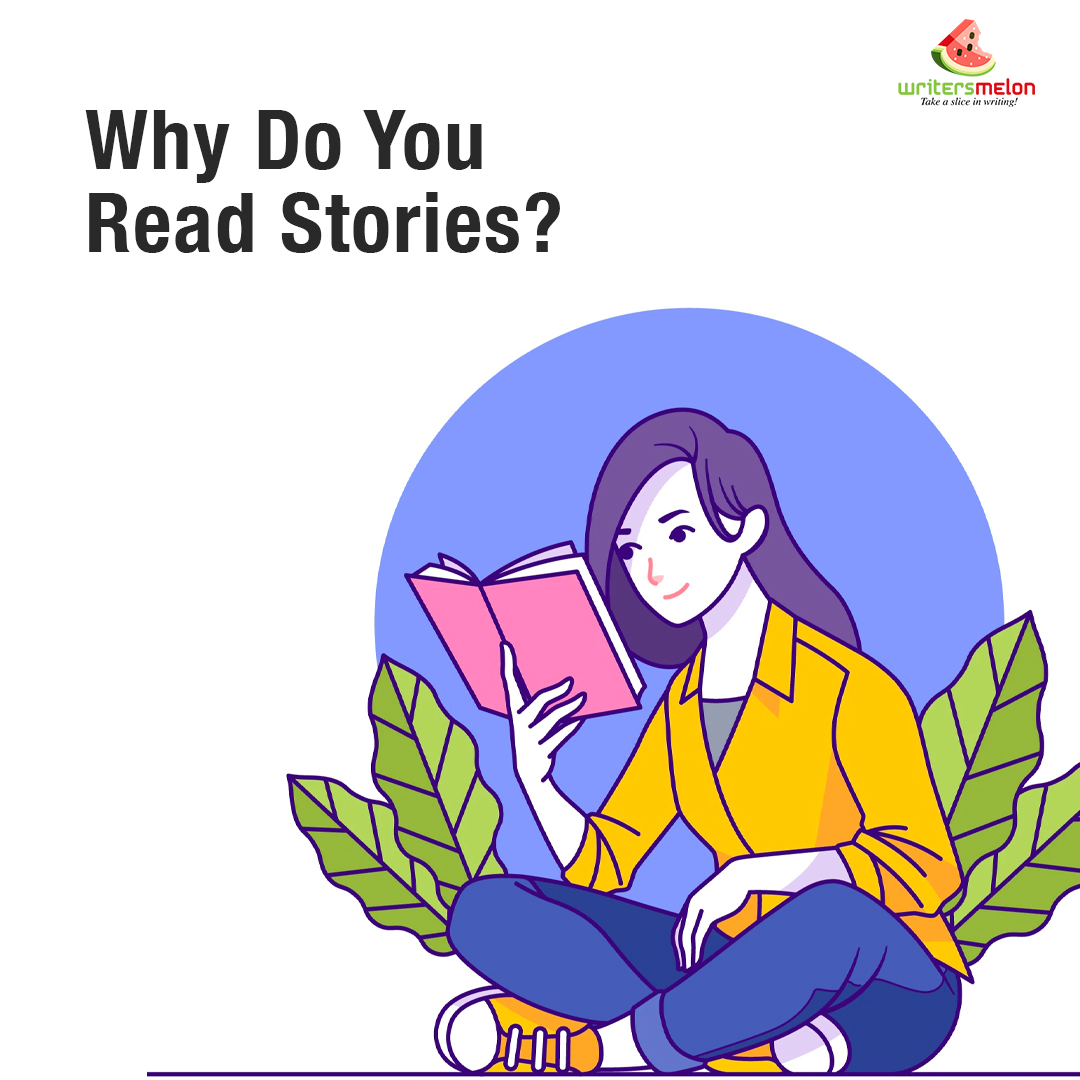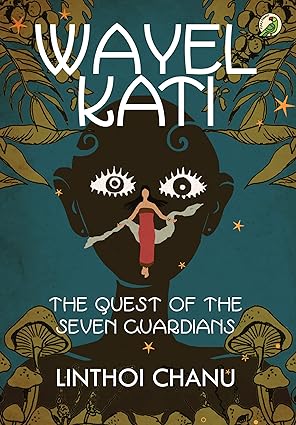Books To Look Out For This Summer!
Bring out your sunglasses and a reading mat, we are going to read this summer. Or perhaps turn your AC on full blast if you

Written by – Dhruv Joshi
A voracious reader, aspiring unbridled author and a occasional blogger.
——————————
A long time friend, market researcher, mother of one and an energetic editor’s message flashed at the right bottom corner of my computer screen.
“Do you read stories?” read the text, no “Hi” no “Hello” – to the point, terse and direct – but that’s Priyanka’s style. (One that I have come to appreciate a lot.)
“Yes,” I wrote back. “Why,” was added as an afterthought and quickly followed that with, “It depends on the story actually yaar, but in general I like stories.”
“Why do you like stories?” she further asked, in quintessentially market researcher style. I knew this was a beginning of a very interesting conversation and I had to gather my thoughts well for it. So I asked her for some time and told that I will compose my response and share it over the email next year. (It was last week of December so she was quite cool with my deadline.)
Following are my thoughts about what makes me like stories. If a story is good on following points, I like reading/listening to it.
Characters
They give life to the events in stories; they are the ones we relate ourselves to. Figment of authors’ imaginations or reflections of her reality, characters that stay with us for long are the ones that touch a chord in our heart. It is said of characters that, a writer should know a lot more of the character than he puts down in a story, only when you know each of your character that well, can they come to life and stay alive for long. Best example of how long a character lives can be found right from the characters of holy books to the heroes of bollywood movies.
Of story-tellers I have read, I find Tagore best as far as knowing his character is concerned. He demonstrates amazing dexterity at presenting his characters that you almost start believing that they are real people taken out of our own lives. Another one comes to mind when it comes to being extremely adept at presenting characters is P.G. Wodehouse, Reginald Jeeves and Bertram Wooster – his most famous characters are still quite alive in minds of his readers. Similar examples can be found in more popular parlance of bollywood as well, for example Bob Biswas from the film ‘Kahaani’ and Phaijal of ‘Gangs of Wasseypur’ are some of the characters that stick in one’s mind for long time even after one has watched the film.
Storyline
Imaginative and captivating storylines are must for a good story, there has to be an event about which you would like to talk. Every situation for which you can hold someone’s hand and say “Hey listen… “, is a potential of an awesome story. Storyline is the one which provides space to the author to paint story in her favourite colours. You can weave suspense, drama, surprise, romance and various other themes that most interest you through the storyline.
For storylines, I find R.K. Narayanan most interesting. Not only because of the delicate fabrics that he weaves his stories with but also because the great care he takes in painting smaller details of the plot. It takes great sensitivity to take care of all those details in one’s storyline. Popularly famous for his lyrics in Bollywood, Gulzar is also one of the writers whose storylines are very good, rich and engaging.
Dialogues
Storyline and characters are skeleton of a story, they way they interact, behave and unfold are the flesh and blood, hence we remember most characters and dialogues, “Kitne aadmi the?”
In terms of dialogues, best example is timeless genius, Shakespeare. Another playwright, I have had a chance to read, Arthur Miller, (Marilyn Monroe fame) has been extremely engaging with his dialogues. In Bollywood, Vishal Bhardwaj, carries flames ignited by Shakespeare and writes really good dialogues in some of his films.
Sequencing/(screenplay)
This refers to the order in which incidents happen in the story, one must bear in mind that reader doesn’t have any background of the story you are telling. So you need to be detailed without sounding dragging. This balance is a key to interesting and engaging storytelling/writing. There are no formulae but practice usually helps getting it right.
Any page turner book will usually be awesome on its screenplay as, it is sequencing that mainly drives suspense, and keeps readers hooked to it. Harry Potter and some of the other thrillers are good examples of able sequencing of events in stories.
One tip that I personally find useful is to tell a lot of stories in day to day life, describe events to friends, parents, spouses, elders, kids whosoever listens to you. Try and make them fall in love with what you describe.
Bring out your sunglasses and a reading mat, we are going to read this summer. Or perhaps turn your AC on full blast if you

Once in a while you come across a book that has the power to pierce through your heart. A Monster Calls is one such book. Written by Patrick Ness, it is a story about a young boy with an ailing mother at home. It covers a range of somewhat difficult topics ranging from death to guilt.

How did you start writing ? I am not sure if I know exactly when I started writing. I’ve always loved to tell stories, and

Well the hard part is over, you finished writing the book , now you have some kind of a contract and the book will be

From the heart and hills of Manipur, the story revolves around seven guardians ‘chosen’ to retrieve the scissor of justice, the Wayel Kati. None of

The author narrates the story of Amit, a middle aged working professional, who faces the same struggles that so many of us in the corporate
Get all latest news, exclusive deals and Books updates.